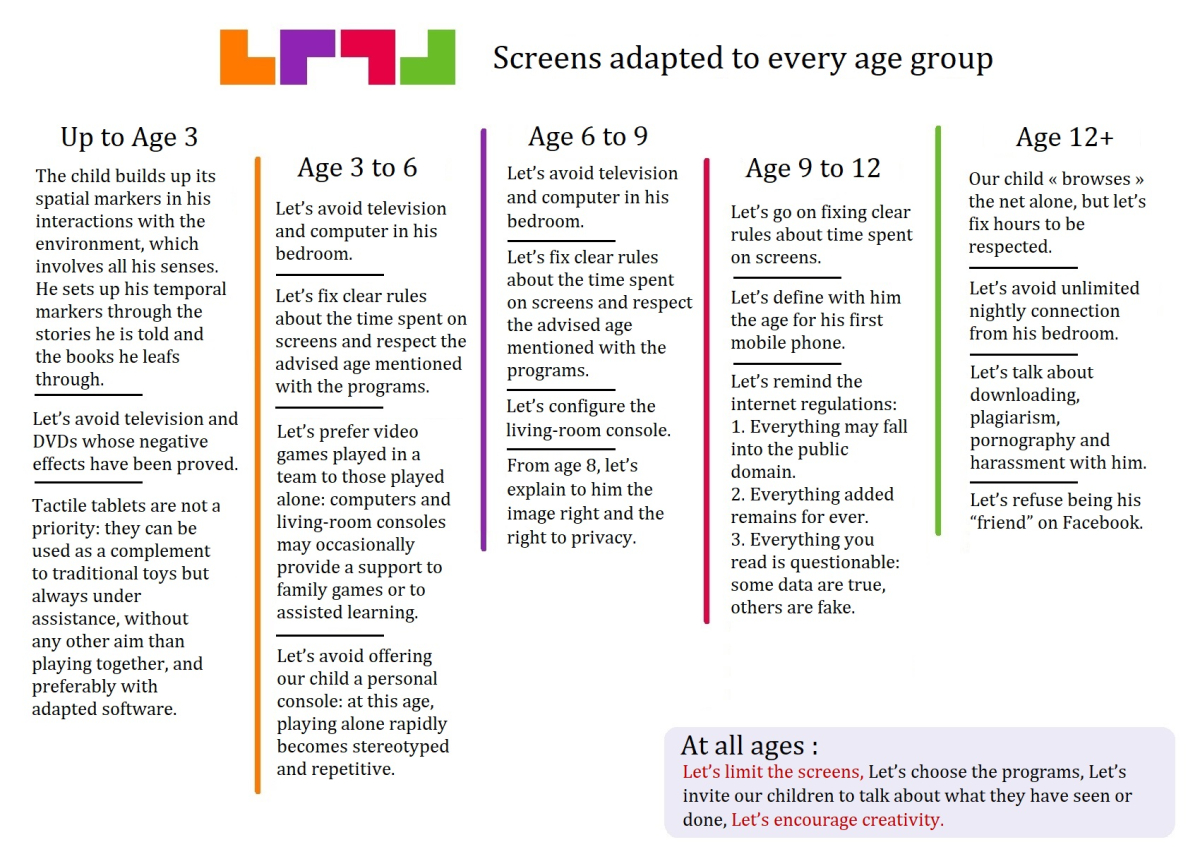A Swiss, Regional and Local School
SAINT EXUPERY SCHOOL is a Swiss regional and local school. It is non-denominational and open to the contemporary world. Its management as well as its staff are dedicated to ethical, educational, social and environmental values and pay particular attention to honest, respectful and balanced human relationships.
SAINT EXUPERY SCHOOL offers full primary tuition – 1st to 8th grades HarmoS – relying upon the PER (Plan d’Etudes Romand) while giving its pupils the opportunity of being immersed into the German and English languages at the age of 4.
SAINT-EXUPERY SCHOOL provides a curriculum meant essentially for the children of the Lake of Geneva area, whose parents wish to offer them the opportunity to learn a second national language as well as a third international one while they follow a schooling complying with the Swiss requirements. The curriculum is designed for French speaking children in particular.
The general targets are those of the “Plan d’Etudes Romand (PER)” for the least. At the end of the 8th Grade, the children achieve the B1 level of evaluation in German and English. Classes are held from 8.15 a.m. to 11.30 in the morning, and from 1.15 p.m. to 3.15 p.m. in the afternoon. Yet, we can host your children from 7 a.m. to 6.30 p.m. You can find all information about supervised and guided homework, catering and non-academic child care under the heading “Tuition”.
Double-level class groups
Double-level class groups are one of the specificities of SAINT-EXUPERY SCHOOL, which welcomes between 60 to 72 pupils, depending on the years, dispatched into 4 double-level class groups that cover the curriculum of the 8 primary schoolyears (age 4-12).
Over the years, this pattern has widely proved its pedagogic efficiency, its educational pertinence as well as its social coherence.
While in contact with their more experienced mates – whose role as guides empowers and valorises them – the younger age group rapidly develops self-confidence, spontaneously develop their leadership, show an outstanding degree of autonomy et reveal a stronger sense of individual and collective responsibilities.
Furthermore, this pattern proves most favourable for the advanced pupils while utterly stimulating for the slower and less self-confident children.
Implementation of the new technologies in education
We consider that traditional education – reading, handwriting, looking through books and discovering beautiful stories, mental arithmetic, imagining, inventing, creating, painting and drawing, playing and interacting in society – remains essential.
Therefore, a premature introduction of tablets and/or personal computers goes against our educational convictions. Nevertheless, these tools belong to the contemporary world and their use will become unavoidable. Thus, children must be trained wisely and the digital tools introduced progressively, as specifically required and according to age.
The following table pictures our philosophy:
